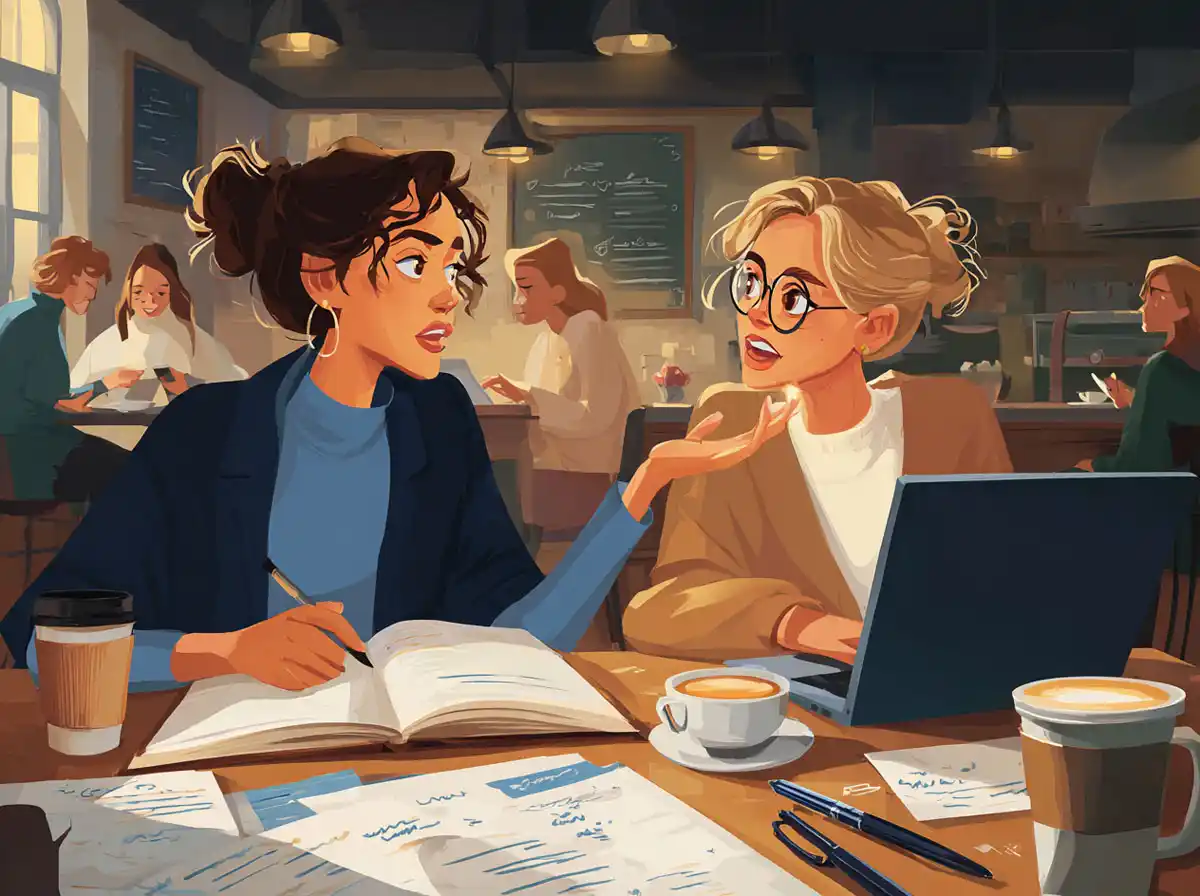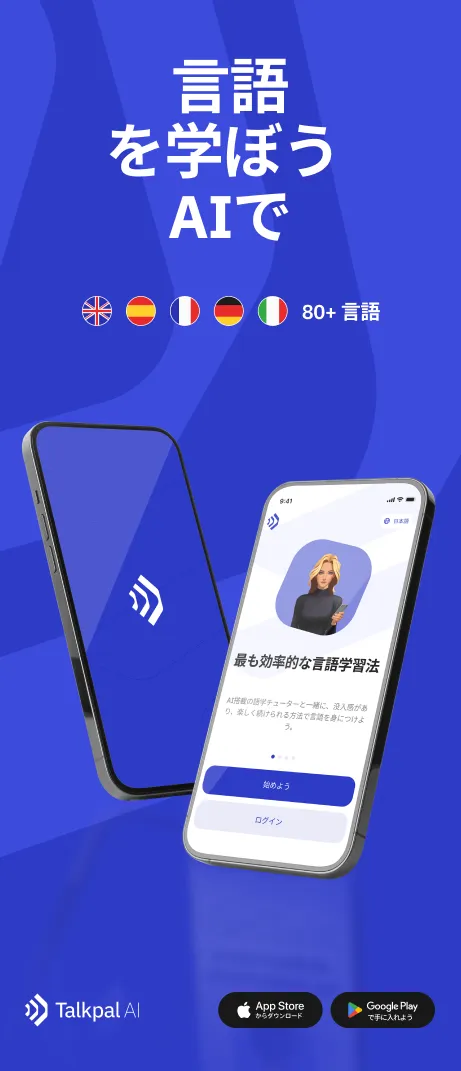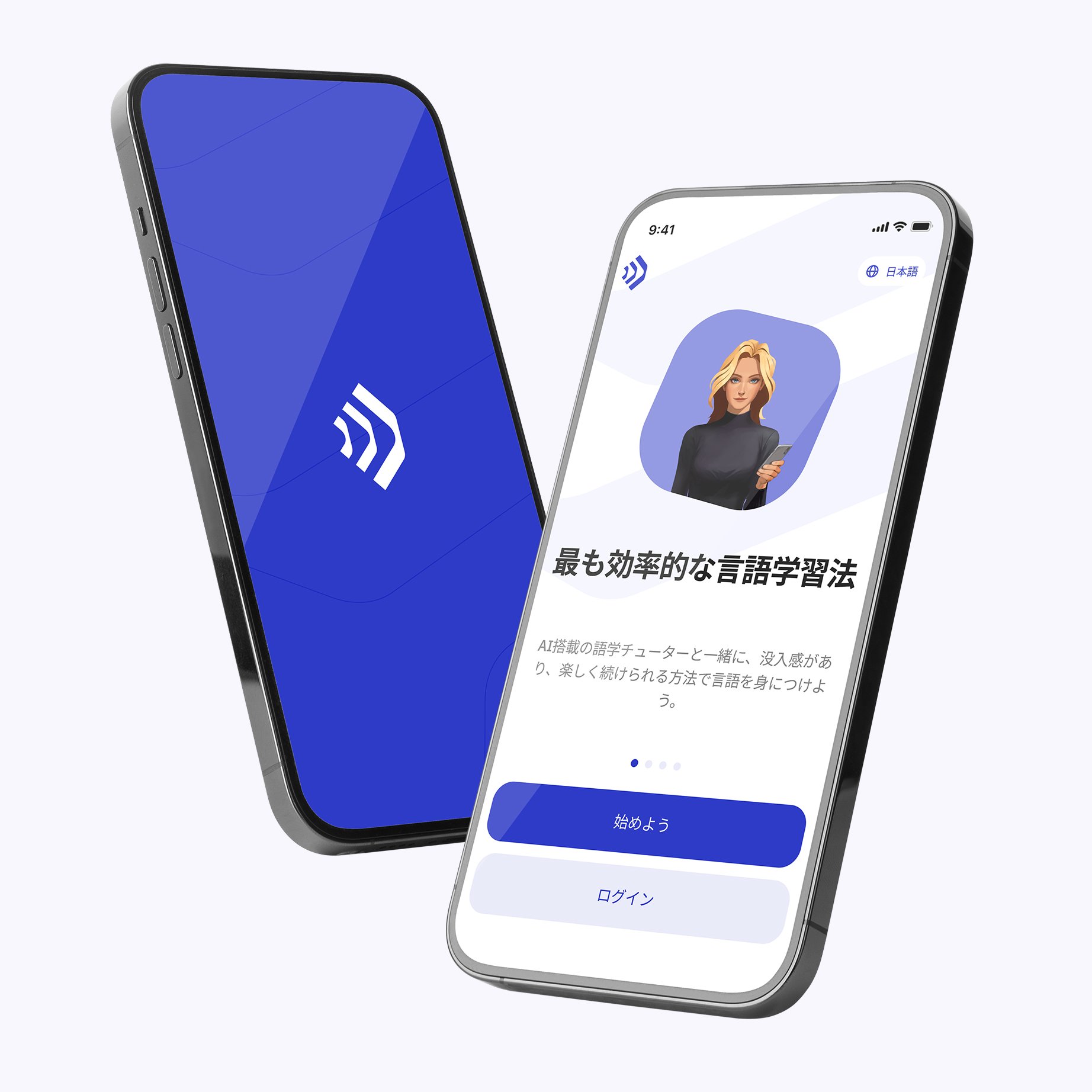この演習では、オーキシラリーバーブの正しい使用方法を練習することに焦点を当てます。各文の中で適切な助動詞を選ぶ力を鍛えることで、英語の文法力を高めることができるでしょう。練習問題を解く中で、助動詞に親しみ、自然な英語表現が身につくことを目指しましょう。
Exercise 1: Fill in the blank with the correct auxiliary verb.
She *can* (ability) play the piano very well.
*Will* (future) you be joining us for dinner tonight?
They have *not* (negation) finished their homework yet.
I *am* (present continuous) reading a book right now.
*Does* (interrogative) he like playing football?
We *must* (obligation) submit our application by tomorrow.
You *should* (advice) check the oil level in your car.
He *has* (perfect) already seen that movie three times.
*Could* (past ability) she speak Spanish when she was six?
It *may* (possibility) rain later this afternoon.
*Were* (past continuous) you sleeping when I called?
*Do* (emphatic) not touch that painting!
*Would* (polite request) you like some tea or coffee?
They *might* (slight possibility) come by train.
*Are* (present continuous) you going to the party next weekend?
Exercise 2: Choose the correct auxiliary verb for each sentence.
*Have* (present perfect) you ever been to France?
If I *were* (subjunctive) rich, I would travel the world.
You *must* (logical conclusion) be tired after working all day.
She *does* (emphatic) not want to discuss it now.
I *can’t* (inability) believe you have never seen snow before!
*Should* (expectation) we call him to confirm our appointment?
*Has* (perfect) it stopped raining yet?
*Would* (habitual past) he always walk to school?
You *are* (present progressive) being very helpful, thank you.
They *did* (past simple) not understand the question.
*Could* (permission) I use your phone, please?
Why *do* (simple present) you think that happened?
*Might* (permission) I suggest a different approach?
It *was* (past continuous) raining all morning yesterday.
We *had* (past perfect) already left when they arrived.










